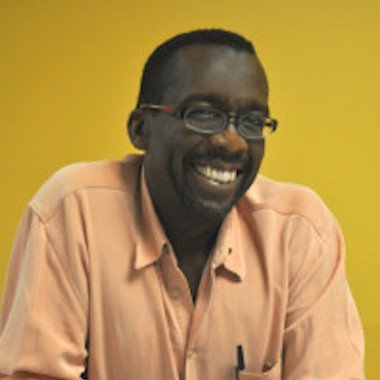Cultural relativism might be easier in theory than in practice. Take the case of Melville Herskovits, a Jewish-American anthropologist of Slovak extraction who broke new ground in the definition and analysis of African-American culture. In the film HERSKOVITS AT THE HEART OF BLACKNESS, intellectuals and historians discuss the vast impact and heated debate Herskovits continues to inspire around our modern perception of cultural identity.
Herskovits was the first prominent white intellectual to declare that black culture in America was “not pathological,” but rather inherently African, and that it had to be viewed within that context. In positing this, he established himself among the anthropological vanguard in applying the principles of cultural relativism to ethnic cultures within the United States. He traced regional traditions in art, music, dance, and other expressions to a kind of persistent cultural memory in modern-day black Americans, most of whom are generations removed from Africa. His 1928 book The American Negro and the seminal 1941 tome The Myth of the Negro Past fundamentally challenged widely held assumptions about black people in America. In 1948, he founded the first interdisciplinary program at Northwestern University in African studies, and later formed the African Studies Association.
Herskovits’ academic work advanced the cause of ethnic equality in the United States, while also setting off a whirlwind of debate about race and identity. Some black leaders worried that Herskovits’ work might be a kind of intellectual colonialism, and that if African-Americans allowed a white man to define and record their identity, it would lead to further exploitation. Could, or should, a white man have the last word on the origins of a culture to which he didn’t even belong?
Complicating matters is the fact that in the years immediately following Herskovits’ death, The Black Panther Party used The Myth of the Negro Past to inform their activism. Could black activists both use Herskovits’ research to further their political aims and also challenge his right — and even his ability — to draw conclusions about their history? Did it matter that they tended to agree with his conclusions?
The filmmakers present HERSKOVITS AT THE HEART OF BLACKNESS as an invitation to a deeper civic discussion about who has the right to define someone else’s identity, and what it means when the people being defined are excluded from the conversation.


